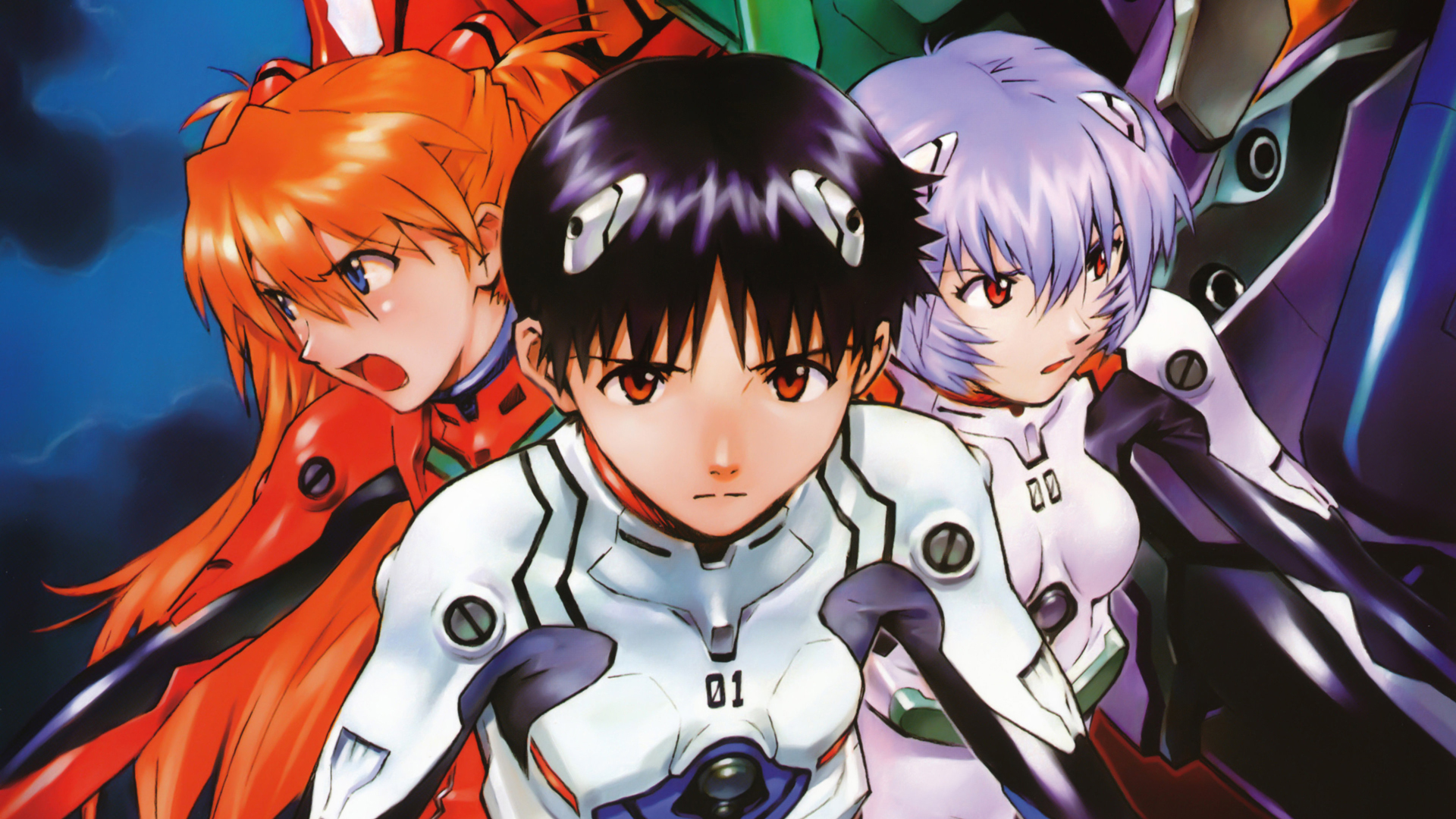
A series of four films, titled Rebuild of Evangelion, retelling the events of the series with different plot elements and a new ending, were released between 20. In 1997, Hideaki Anno and Gainax released the feature film The End of Evangelion, which serves as an alternate ending replacing the final two episodes. Particular controversy centered on the final two episodes of the series, as the ending was deemed confusing and abstract to many viewers and critics alike. Neon Genesis Evangelion received critical acclaim but was also subject to controversy. The psychoanalytic accounts of human behavior put forward by Freud and Jung are also prominently featured. The series has been described as a deconstruction of the mecha genre and it features archetypal imagery derived from Shinto cosmology as well as Jewish and Christian mystical traditions, including Midrashic tales and Kabbalah. In the process, they are called upon to understand the ultimate causes of events and the motives for human action. The series explores the experiences and emotions of Evangelion pilots and members of Nerv as they try to prevent Angels from causing more cataclysms. The protagonist is Shinji Ikari, a teenage boy who is recruited by his father Gendo to the shadowy organization Nerv to pilot a giant bio-machine mecha named Evangelion into combat against beings known as Angels. Evangelion is set fifteen years after a worldwide cataclysm named Second Impact, particularly in the futuristic fortified city of Tokyo-3. 'New Century Gospel'), also known simply as Evangelion or Eva, is a Japanese mecha anime television series produced by Gainax and animated by Tatsunoko, directed by Hideaki Anno and broadcast on TV Tokyo from October 1995 to March 1996.

Neon Genesis Evangelion ( Japanese: 新世紀エヴァンゲリオン, Hepburn: Shinseiki Evangerion, lit.


 0 kommentar(er)
0 kommentar(er)
